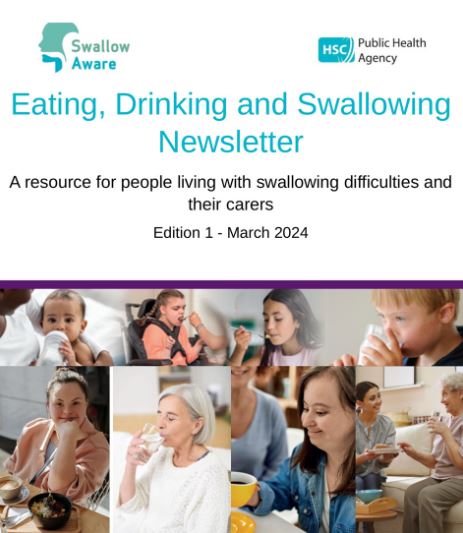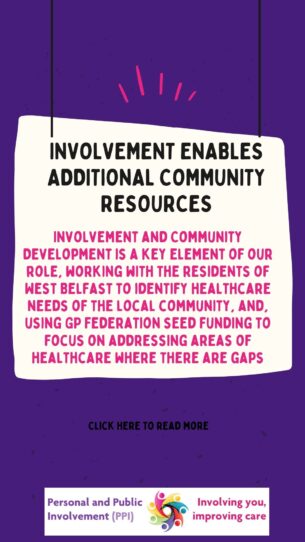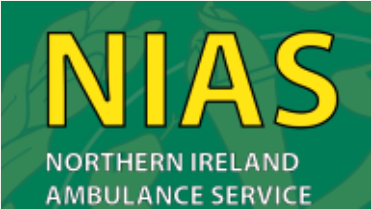Welcome to Engage
This site provides those with an interest in Involvement and Partnership Working, including Health and Social Care (HSC) staff, service users, carers and the public with information, opportunities and resources in Personal and Public Involvement (PPI), Co-Production and Partnership Working.
The involvement of service users, carers and other key stakeholders is critical in the effective planning, commissioning, delivery and evaluation of HSC services. Involvement helps to ensure that voices are heard, views are listened to, experiences are shared and expertise is valued, respected and utilised to achieve the best outcomes for the person centred HSC that we continually aim to achieve.


Stay in the loop
Keep up to date with all the latest news from Engage.

 Find out more
Find out more












